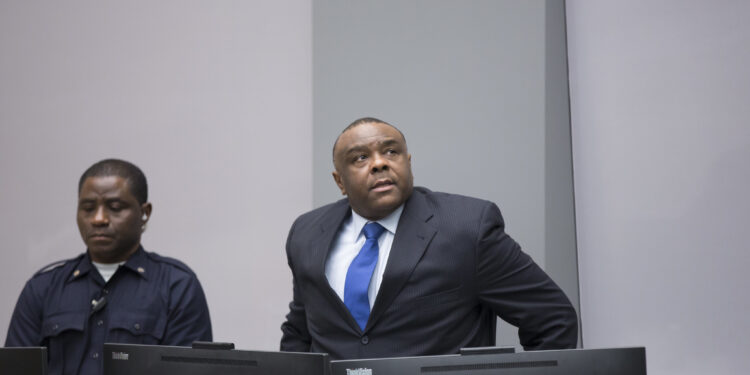It is a good thing, of course, that the founding mothers and fathers put provisions in the Rome Statute that allow the International Criminal Court (ICC) to request states to freeze assets of its suspects. This allows for those assets to be used to compensate victims in case of a final conviction.
But it is not the first time that those who establish a new international criminal justice system seem to have forgotten that sometimes people are acquitted, as some defence lawyers quip not without some bitterness. This became apparent at the International Criminal Tribunal for Rwanda (ICTR). Some of the people ICTR acquitted years ago have been lingering in legal limbo. They are in “safe houses” in Arusha, no longer in detention, but also not really free to go. They have no place to go.
A similar inconsistency in the system is now apparent at the ICC. When Jean-Pierre Bemba, a former Congolese vice-president, was arrested in 2008 on charges of war crimes allegedly committed by his private militia in neighbouring Central African Republic (CAR), the ICC asked Belgium, Portugal and Congo to freeze his assets. These included airplanes, boats and villas. These would have been used to pay reparations to the CAR victims in case of a (final) conviction. But instead of getting compensation, the victims would have ‘inherited a debt’, the defence claimed in a March 2019 statement based on an analysis by experts.
Almost two and a half years after his acquittal by the ICC Appeals Chamber in June 2018, Bemba still hasn’t got his assets back and they have been left to further deteriorate. His lawyers wrote in a November 3 filing to the ICC Presidency:
“The urgency of the situation is now aggravated by the evidence in Mr. Bemba’s possession of the illegal occupation of properties belonging to him. Not only is he still unable to access these properties and assess the damage that has been caused by over a decade of neglect, but it now appears that people are living in them. It could never have been the Court’s intention in issuing Requests for Assistance in 2008 that this would be the result; that the frozen property would devalue to the tune of 40 million euros, and would then be corruptly mismanaged following Mr. Bemba’s acquittal. Freezing orders are intended to preserve assets for future determination of liability. […] The situation is scandalous, and the Court must act.”
The problem is: there was a clear freezing procedure in 2008 that nobody seems to know how to undo following Bemba’s acquittal. As the defence pointed out in an email to JFJ: “Responsibility is being shifted in a constant circle; the Registry says the Chamber needs to issue an order; the Chamber says the States need to act [or that is has no jurisdiction – JFJ]; the States won’t act without an order from a Chamber.”
After turning around in circles for years between the Registry, judges and states the defence has now asked for the help of the ICC Presidency. Specifically, the defence has asked the ICC Presidency to designate a pre-trial chamber to send requests to “the relevant authorities of the States to discharge all remaining freezing, protective or charging orders over Mr. Bemba’s assets and properties that are still in place.”
The defence has also asked for a pre-trial chamber to be assigned to, “adjudicate a claim for damages resulting from the freezing of Mr. Bemba’s assets, and their consequent deterioration, depreciation and destruction.”







